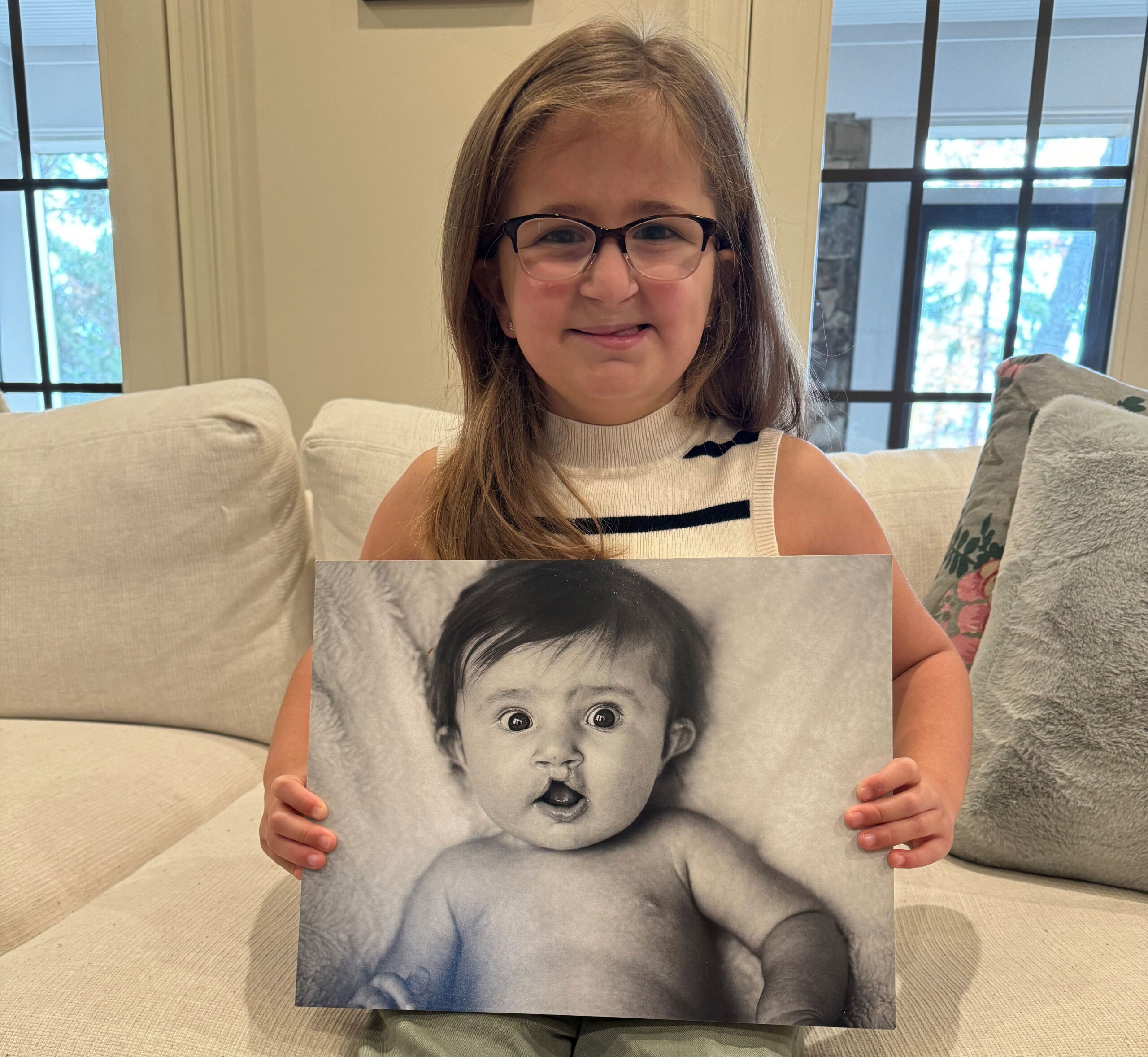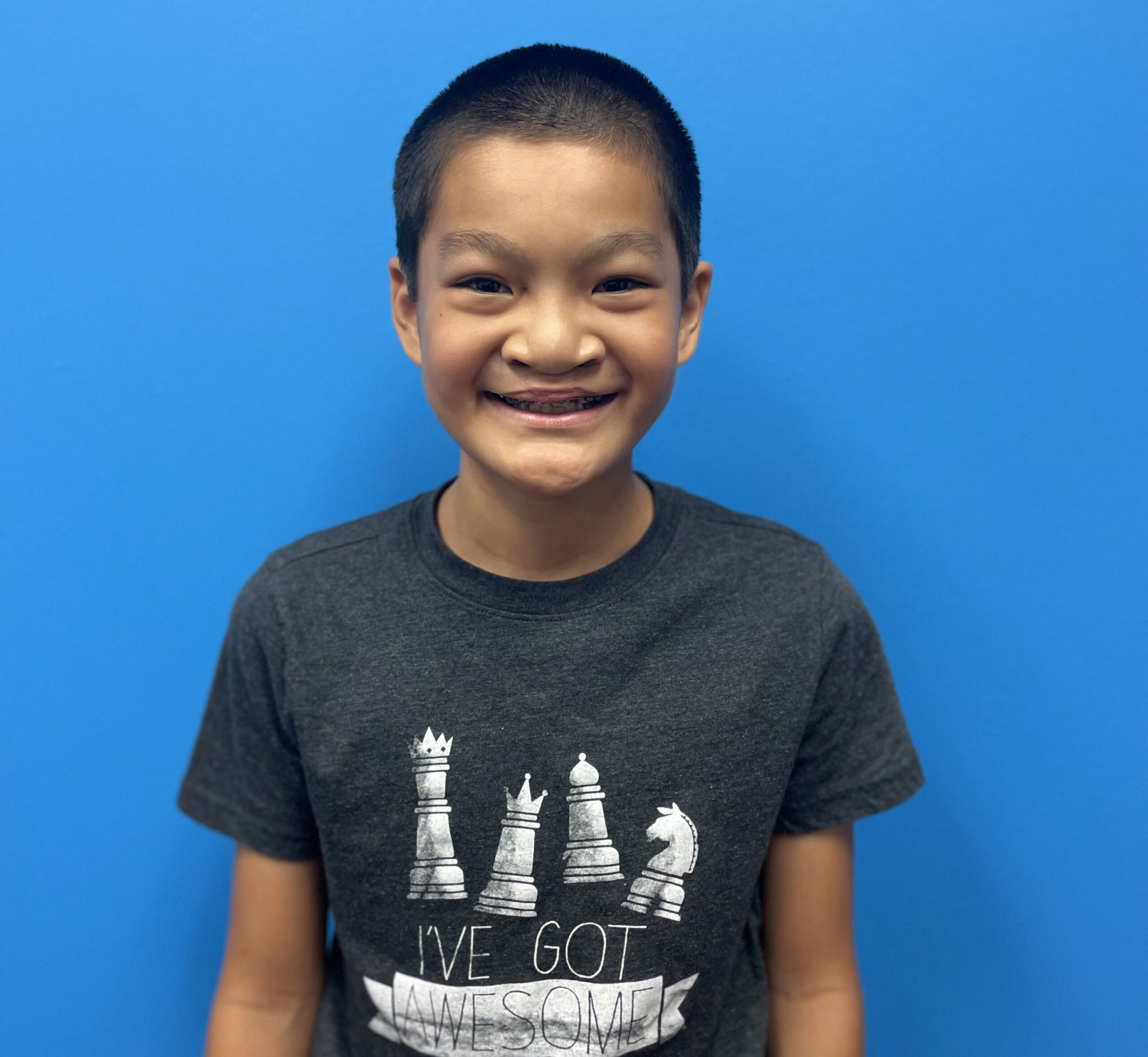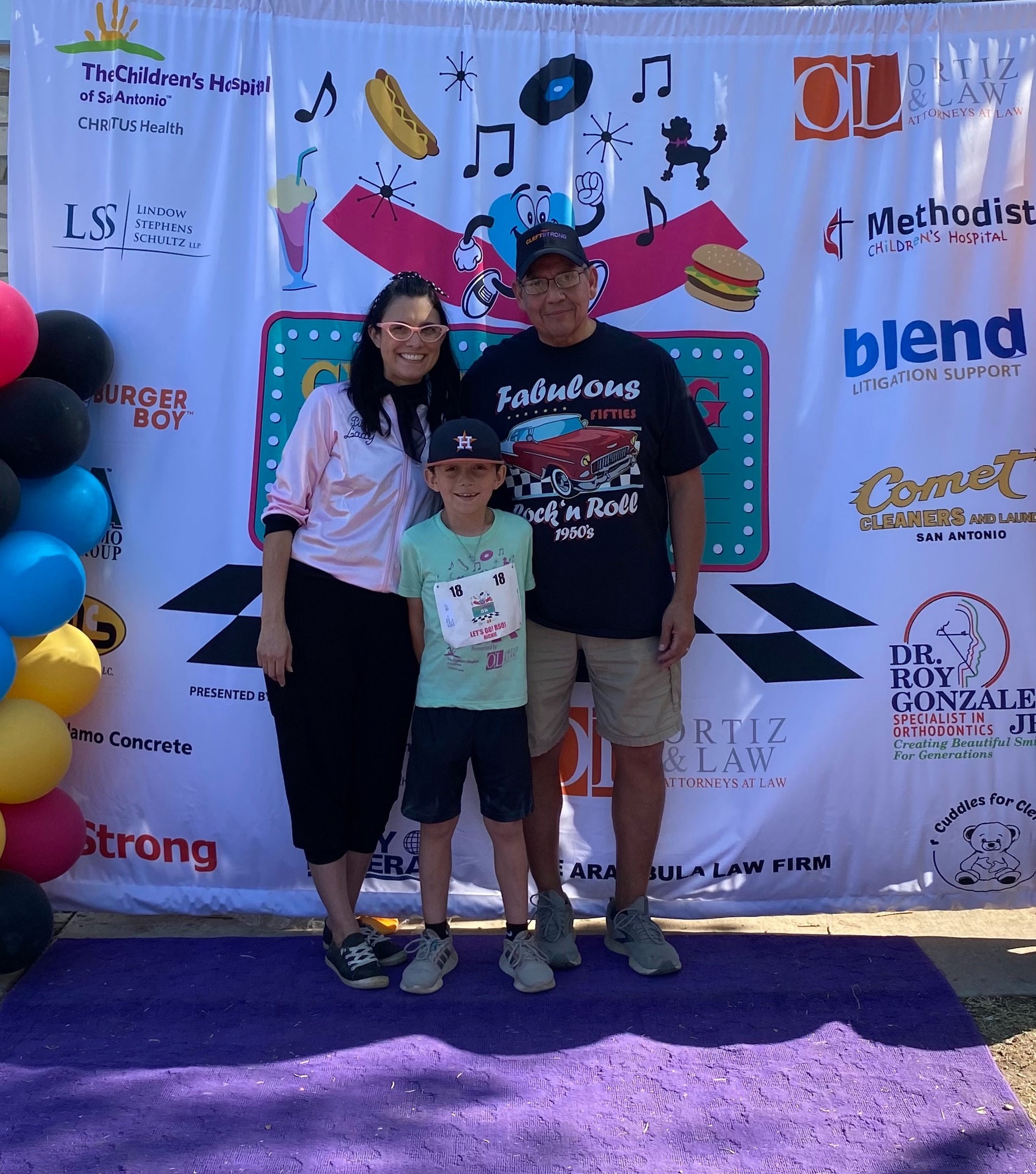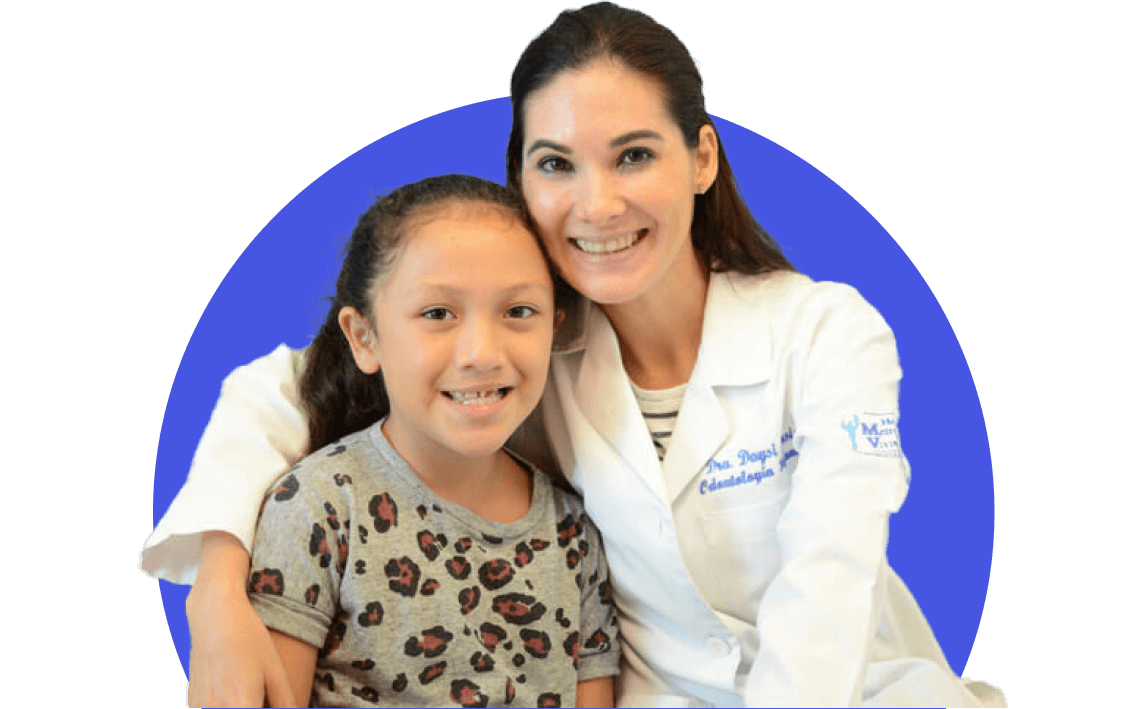I was born in 1983 with a cleft lip and palate. I, like all other children with this condition, went through many, many surgeries in my journey. What stood out to me, however, was the teasing of other children because I looked different. My earliest memory of being teased was in preschool. It was not easy dealing with all my medical procedures and recoveries, and the constant battery of feeling ashamed of my “flaws” and scars. I had some of the best medical teams out there who took amazing care of me, but even then, I remember hearing words like “we can fix her,” and to a delicate little girl, that only enhanced the message that I was flawed. I just wanted so badly to be normal. I just wanted more than anything to be like the other kids. I had no tools to navigate craniofacial differences and I had little self-esteem. As I grew, thankfully, my amazing team of medical professionals continued with me, and the result was very little evidence of any facial flaws or scarring.
To this day, medical professionals are often startled to learn I have a cleft lip/palate. More importantly to me, though, is the fact that I began to embrace my differences. I began to embrace my scars instead of hiding from them. I still have a scar on my lip and my nose is still crooked. I still have a small hole in the roof of my mouth that refuses to be closed and I still struggle to breathe through my nose a bit. And I’m ok with these things – more than ok, really. I love who I am, and it took a long time to get here. I went from lying about my scars as a child and hating them, to loving my scars of all kinds. I’ve had many other surgeries including a bone tumor removal surgery, c-section, and recently back surgery, and I love and embrace all my scars. They show I’m a fighter. They show that I’m a warrior. I hear other mothers around me lamenting about their child’s injury and stitches, and the fact that they might have a scar and they’re so devastated. It makes me so sad! Why is there an awful stigma about scars? Why is it this tragic thing? And how does this mindset of ‘scars are ugly’ affect the children who are covered with them for their entire lives? It isn’t helping, that’s for sure.
I use my life’s experiences to talk about my condition proudly. I share with others freely. I teach other moms that I’m proud of my scars. I teach my three daughters openly about my facial anomalies and all the things I went through, both medical and emotional. I teach them that I fully embrace my “weirdness” and the fact that my body is not normal, and I speak about it lovingly. I am not ashamed. I don’t feel “flawed” and I don’t feel that I need to be “fixed.” I am different, my body is different, and there isn’t anything wrong with that. This is the message I want so badly to share with others.
I want to reach out to the young children going through their battles and be the one voice telling them that scars are beautiful, the one person telling them I know how it feels and it will be ok. I want to be the cheerleader telling these kids that just because they are different, doesn’t mean they are flawed, and they can learn to love themselves and their physical appearance. I want that for other kids going through what I went through and I want parents of cleft kids to know that there is hope. I do want them to know their kids might go through a long, lonely, sad journey growing up around other kids without craniofacial differences, but that they are their child’s biggest cheerleader.
To all the parents of a child with a facial difference:
You are the one who can help them learn to love their scars and all they’ve been through. You are the one who will pick them up after a long, hard day of feeling flawed and being teased, and your support will make all the difference in the world to your child. It will. They will remember. And they will be grateful.
My dream is to one day meet other children with my condition, and tell them face-to-face what the future holds, especially for their self-esteem. I want to meet others and tell them they are beautiful, and they can do this. I want to provide encouragement and hope and a beautiful message of the ability to develop self-esteem in the midst of this battle.






